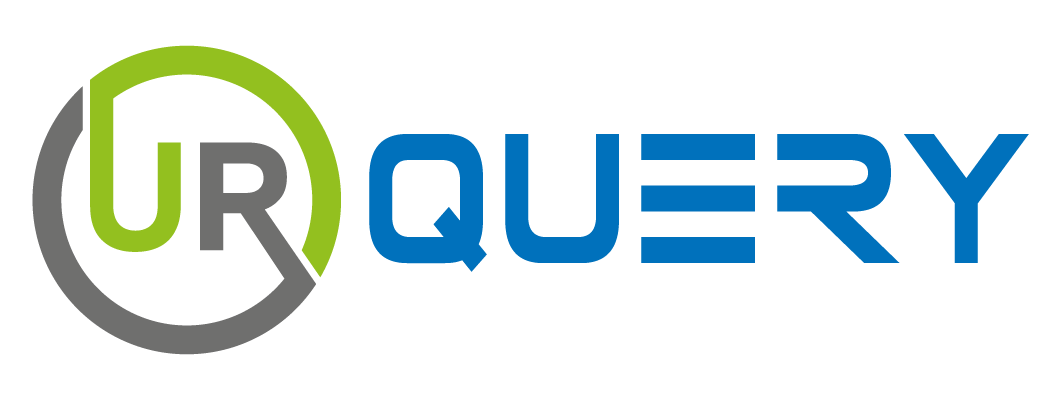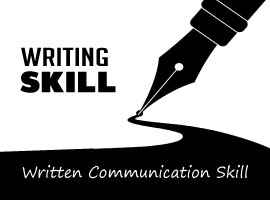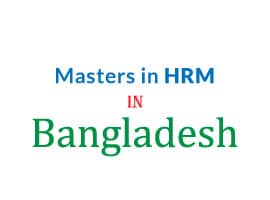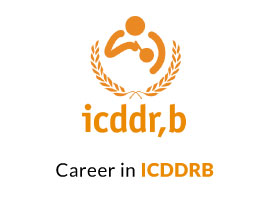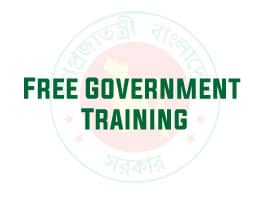In time of applying for job two jargons make many of us confused. What is CV? What is Resume? Whether to send CV, or Resume? There are a few job seekers who are not bewildered by these questions.
This writing will to clear our confusion. Concept of CV and Resume, difference and structure will be stated here.
CV:
A CV (Curriculum Vitae, which means course of life in Latin) is an in-depth document including detail description of education, achievement, training, publication, research, presentation, seminar, award, honors,etc. In the chronological order, CV is a complete exposure of knowledge, skill and experience of one’s life.It covers the entire career of a person. A CV is fixed and doesn’t change for different positions.The difference comes in the cover letter. CV is relatively longer than Resume.
Resume:
A Resume provides a clear picture of your educations, experiences, certifications and other achievements and skills. A resume tells the employer how the applicant different and more suitable than others. Resume gives the candidate advantage in competition.
The job seeker should adjust the resume for different positions. Applicants for their own interest change the resume from one job application to another.They have to tailor it to the needs of the specific post. Chronological order is not important here. Even, job seeker doesn’t have to cover his/her whole career.It is a highly customizable document.Generally, a resume is one page long.Sometimes it may be as long as two pages. Often bulleted lists are used to keep information concise and visible.
Difference:
CV and Resume differ mainly in three ways – 1) Length, 2) Purpose and 3) Layout
A resume is a brief summary of skills and experiences over one or two pages.A CV is more detailed and can be more than two pages. The resume will be tailored to each position whereas the CV will be static.Changes will come in the cover letter. Resume is brief but CV is detailed.
Resume is used for commercial and business organizations. For government job, research organization and teaching CV is suitable.
Geographically, resume is more common in North America. In Europe, Asia and Australia CV is frequently used.
CV maintains chronological order but resume emphasizes on necessary skills and experiences require for the specific post. Chronological order is not important in resume.
CV is static. In course of time new experiences, skills, education, etc. are added to CV. Resume changes depending on the suitability of the job or post.
For a successful job search we should have a clear concept on difference between Job and Career.
A typical CV will include the following information:
Name and Contact Information:
Accessibility is prime concern for contact information. It may be present living address or working address. If you don’t want to let know your colleague about your job searching, don’t use working address. For new job seeker, if present address is relatively temporary, use permanent address. Don’t change mobile number. Provide your valid e-mail address and check your e-mail regularly.
Areas of Interest:
A list of your academic interests.
Education:
Name of degrees earned or in progress, institutions, and years of graduation. You may also include the titles of your dissertation or thesis.
Grants, Honors and Awards:
A list of grants received, honors bestowed and awards given to you for teaching or service.
Publications and Presentations:
A list of articles and books, and presentations given at conferences. If there are many publications and presentations, you may consider one section for publications and another for presentations.
Employment and Experience:
This section may be a list of total experiences or this section may include separate lists of teaching experiences, laboratory experiences, field experiences, volunteer work, leadership or other relevant experiences.
Scholarly or Professional Memberships:
A list of professional membership. If you have held a position in a particular organization, you can either say it here or leave this information for the experience section.
References:
A list of persons who write letters of recommendations for you or with whom you have worked. For new job seeker, name of the people who have clear idea of your ability.Their contact information is mandatory here.
A typical resume will include the following information:
Name and Contact Information:
Your residential address might be most suitable, especially if you do not want your current employer to know that you are looking for another job.
Work Experience:
Organizations namefor which you have worked, address of each company, the duration of work, job title, duties,responsibilities and accomplishments.
Education:
Name your degrees and certifications and educational institutions and programs.
When to Use Which?
Generally, job advertisement states what is required for the organization. If it is not mentioned, send CV for government job, research and teaching positions and resume for commercial and business organizations. In our country, CV is preferable. In NGO, Bank and private organization we use CV with a career objective.
